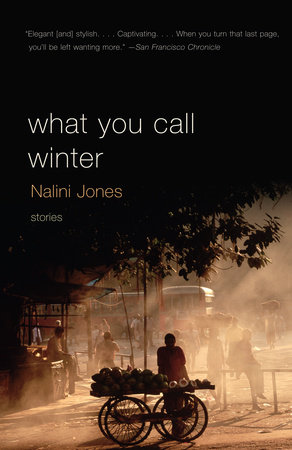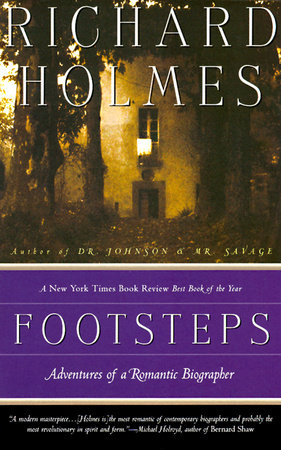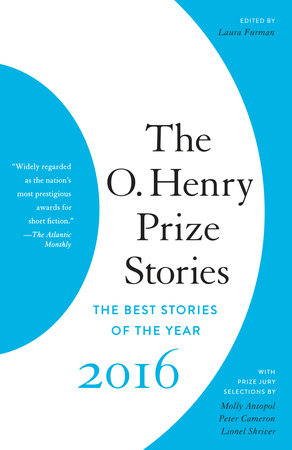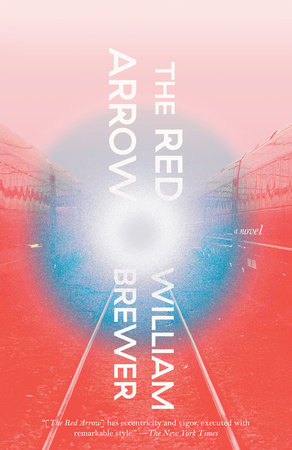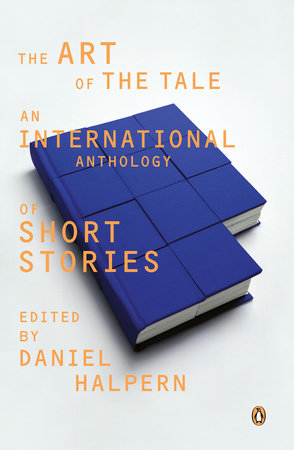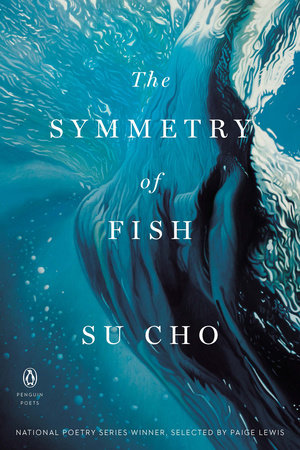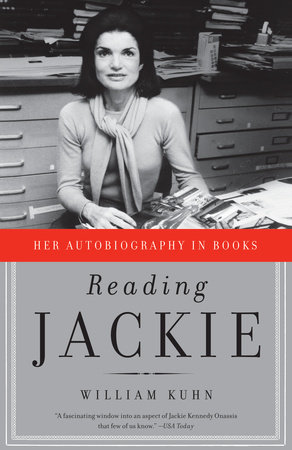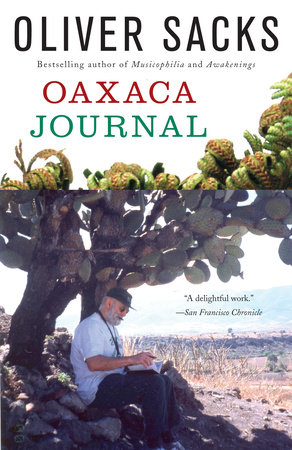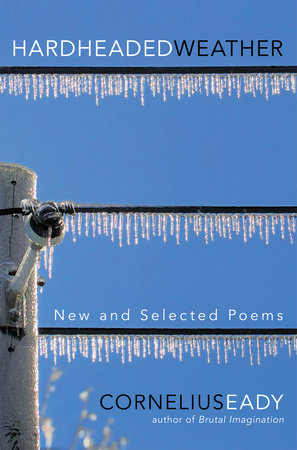Q: WHAT YOU CALL WINTER is a collection of stories, but not in the traditional sense… the characters in the different vignettes are all neighbors, relatives, and friends, and many of them reappear in several stories, giving the reader a vision of their community as a whole. Did you always intend for the book to come together this way?
A: I always envisioned a community that functioned that way — people who recognized each other, families who brought up their children together. But in my first version of the book, only a small cluster of stories were connected; others floated off on their own. When I reread that draft with my editor, we found that many of my own preoccupations in writing about the neighborhood cropped up again and again. It seemed as if I could explore them better — in more intricate and substantive ways, but also more succinctly — if I worked with a smaller, tighter cast of characters. I began to try to draw everything closer together. At first I didn’t realize that would mean leaving some stories behind and rewriting several others entirely. But as I was revising, I saw certain new possibilities for stories that had been isolated. It wasn’t so much that bringing them together connected the collection as a whole, but that story by story, those connections began to yield opportunities to think about the characters and their predicaments in unexpected ways. Everything began to feel a little richer.
Q: Your characters all live in (or once lived) the same, vividly imagined Catholic neighborhood near Mumbai. Why did you choose to write about such a place? Have you always been drawn to India as a setting for your work?
A: My mother is from a Catholic neighborhood just outside of Mumbai, and as children, my brother, sister and I visited family regularly. When I grew older, I began to go on my own. But I never lived there, so aspects of life that my mother and her family took as commonplace seemed endlessly intriguing to me. That became an enormous challenge for me when I was writing. I had experienced my mother’s community only as an outsider, but to write fiction, I had to conceive of it from the points of view of people who lived there, who could speak languages I can’t speak. I ended up creating a new place, with a name and street map all its own. I gave this neighborhood, which I called Santa Clara, schools, hospitals, churches, parks, a post office. I no longer had to try to accurately represent the real community where I had been a foreigner. Suddenly, with Santa Clara, I could concentrate on bringing something to life instead.
Q: What is the significance of the title?
A: The title actually comes from a bit of dialogue in one of the stories. A father who lives in Santa Clara is speaking on the phone to his grown son, who has emigrated, and mentions “a cool winter.” The son laughs and tells his father that “what you call winter is nothing to us. It’s like our summer.” I don’t believe the son means to be callous. He’s battling a New York winter, and he knows that in this part of India, his father would need little more than a jacket on January evenings. But it’s a moment when the father realizes how far apart he and his son have drifted. The son has adopted the seasons of his new home, and Santa Clara, the place which entirely defines the father, is no longer his point of reference. The collection as a whole deals with all distance in families, generational, geographical, certainly emotional, and this exchange seemed to resonate with those concerns.
Q: The notion of leaving, or leaving home, is a recurring theme in WHAT YOU CALL WINTER: a son is shipped off to boarding school, a wife and mother walks out on her family, beloved brothers, sisters, fiancés, and children emigrate. Why this focus on the scattering of families?
A: The most direct answer is that I grew up with at least one side of my family scattered over the globe. On the other side, relatives were spread across the country, but more importantly, my father’s work with touring musicians meant we were in an annual state of good-byes and reunions. As a child I found it natural to conduct friendships with people I saw for a few weekends each summer or to feel close to uncles I might not see for several years. In college, and through my work as a research assistant to Caryl Phillips, I began to read more extensively about migration, dislocation, exile, and at the broadest level, notions of home and belonging. I’m fascinated by those ideas, and I suppose these stories are my way of wondering about different ways distance operates in families.
Q: Do you have any heroes in the writing world? Which writers do you consider your greatest influences?
A: I admire so many writers that it’s difficult to mention only a few, but I love to read Dickens, to savor all his dramatic twists and turns, even the occasional spontaneous combustion. I love the humor and liveliness that animate the work of some of my favorite contemporary authors–Peter Carey, for instance, or Salman Rushdie. And I love the boldness of Caryl Phillips’ fiction, whose “broken” narrative structures are so beautifully wrought, and whose command of voices is so perfect, that readers find themselves moving effortlessly from Othello’s world to Anne Frank’s in a single novel. That kind of range is incredible to me, and such reading helps to remind me what is possible when I’m facing a blank page. But my own fiction, so far, has tended to be more restrained, and so I suppose I’ve been most influenced by writers who work with a smaller canvas. Grace Paley, for example, illuminates whole worlds in only a few pages in her stories about mothers and children. Eudora Welty, Graham Swift, Penelope Fitzgerald are others. I’m always moved by the quiet certitude of Anita Desai’s fiction–she writes with such potency but her prose is so elegant that she manages a kind of lightness at the same time. Maxine Hong Kingston was in many ways my introduction to literature of migration, and I go back again and again to The Woman Warrior for its lyrical exploration of the places where memoir and story-telling meet. But in writing this collection, I thought often of two writers who don’t, perhaps, appear to be likely influences. Anton Chekhov is one. At the very end of stories, just when we imagine all is settled and concluded, he suddenly makes a narrative or descriptive gesture outward. He tips us beyond what we have understood to be the terrain of the story toward the unknown, the undiscovered. I like the idea of stories whose ends bring up new questions–stories that, in essence, beget more stories. The second writer is George Orwell, whose letters and nonfiction shine with such candor and integrity that I’m reminded of the crucial sort of honesty good fiction requires.
Q: I understand you spent some time at the MacDowell Colony. What was that experience like?
A: Working at MacDowell was extraordinary. It was the first time I chiseled out a block of time specifically for writing, and the first time I was surrounded by other artists. I couldn’t believe how much it was possible to accomplish in such circumstances. I spent my whole residency writing nonfiction, which hasn’t yet taken on a definite shape of its own yet, but which led me to some of the questions that are at the heart of these stories.
Q: I hope this debut is only the very beginning–what’s next for you?
A: I’ve been writing small pieces of nonfiction and reading fiction in great gulps as I gear up to begin work on a novel. I’ve never written a novel before, so the prospect is at once exhilarating and frightening. When I was a little girl, my mother wanted me to take piano lessons. I did plunk away for a year or two, but when I was about eight I had a moment of clarity as I stood in the wings of one of the festivals where my father worked. I was listening to Count Basie and realized at once that no matter what my mother said about practice, I could never play as well as he did. That was the end of my piano career. (All parables aside, I’m convinced that this decision was for the greater good.) Luckily, reading good fiction has the opposite effect; I’m astounded by what is possible. And years of writing have taught me that “practice” is a lot more powerful than I believed when I was eight. So I’m excited to begin.
